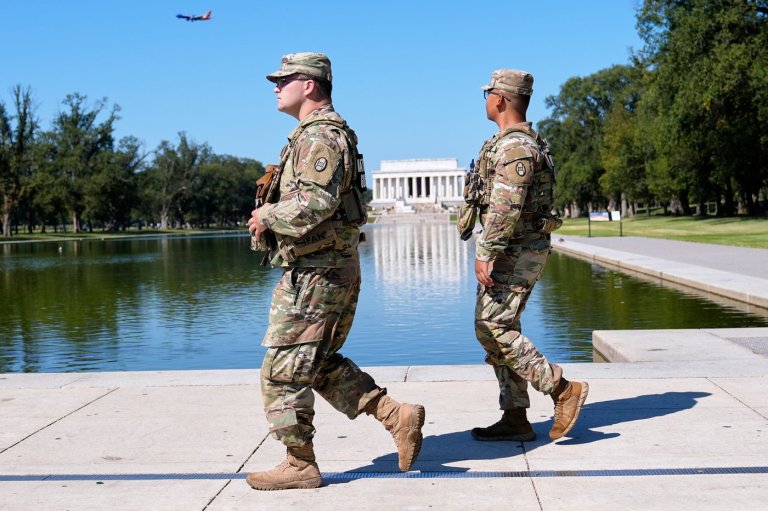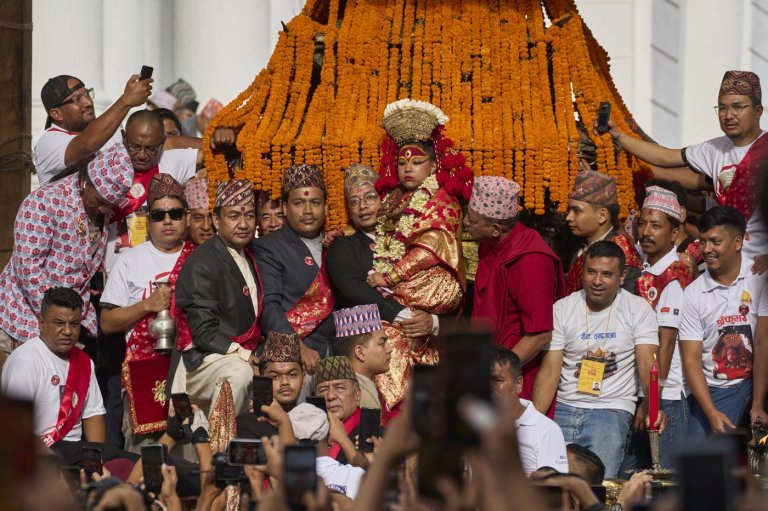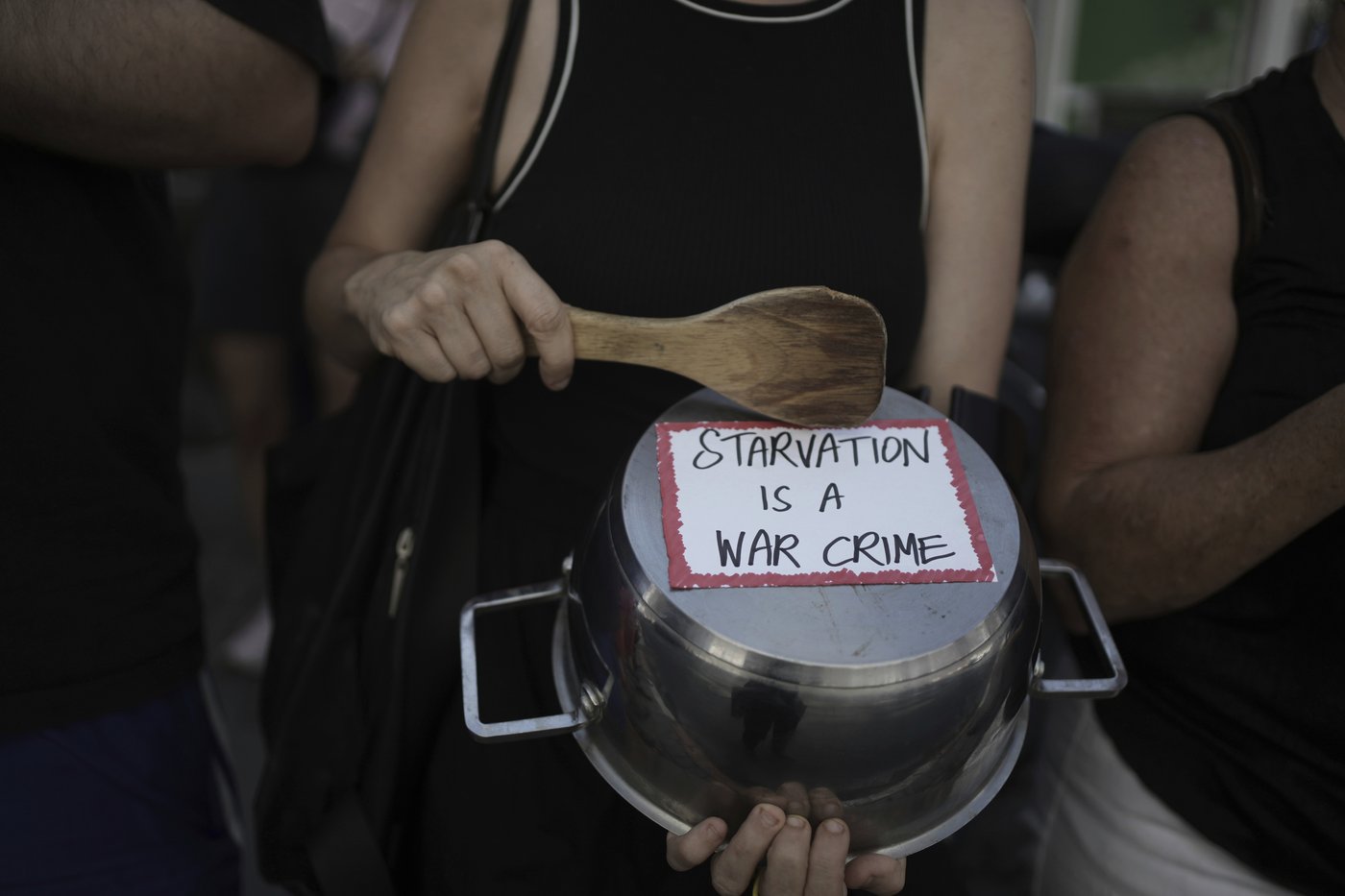
After largely ignoring suffering in Gaza, Israeli media start to report on Palestinian hardships
TEL AVIV, Israel (AP) — The war in the Gaza Strip is starting to look different these days on the Israeli news.
For most of the past two years, television stations in Israel have paid little attention to suffering in Gaza, giving viewers a steady stream of stories about Israeli heroism, the agony of hostages’ families and the deaths of soldiers in combat.
But that is changing. In recent months, some Israeli stations have begun to share graphic images of malnourished children and a few deeply reported stories about the difficulties of daily life for Palestinians.
This subtle shift comes as Israel faces unprecedented global outrage over the ongoing war, and it reflects deep divisions over whether the military offensive should be halted, though the growing protests and the media coverage have had little effect on Israel’s policies.
“It’s not just truly caring about the situation in Gaza, but also from an Israeli perspective, are we acting correctly in a way that serves the aims of this war?” said Eran Amsalem, a communications professor at Israel’s Hebrew University.
Prime Minister Benjamin Netanyahu has largely ignored a mass movement calling for an end to the war that is focused on returning the hostages. After the Oct. 7, 2023, attack by Hamas and two years of regional fighting, appeals on behalf of Palestinians have even less traction.
The shock of Oct. 7
The first images from the war were of Hamas-led militants storming the border and marauding through Israeli army bases and farming communities. Footage out of Gaza showed people celebrating as hostages were paraded through the streets, bloodied and beaten.
Around 1,200 people, mostly civilians, were killed, and 251 taken hostage. Forty-eight remain in Gaza, around 20 of them believed to be alive, after most of the rest were returned in ceasefires or other deals.
It was the worst attack ever carried out on Israel’s homefront and still dominates local newscasts. In the early months, Israelis rallied around the flag after what some referred to as their 9/11, while international media quickly shifted focus to the invasion of Gaza.
“During most of the war, the Israeli media really reported very little on the suffering in Gaza or the hunger or destruction,” said Raviv Drucker, a prominent Israeli news anchor. “If they did report it, it’s only from the Israeli perspective,” he explained, in terms of how effective it was in destroying Hamas.
Israel has barred international journalists from Gaza since the start of the war, outside of visits organized by the military. The U.S.-based Committee to Protect Journalists says it’s the deadliest conflict for reporters the group has ever documented, with at least 189 Palestinian journalists killed by Israeli fire.
“It’s a strange war, because it’s the 21st century, and everyone has a phone to broadcast,” Drucker said. “But there’s no one on the ground, so you can’t say, ‘There’s someone on the ground that I trust.’”
The perils of highlighting Gaza suffering
Some newscasters who have highlighted the humanitarian catastrophe have faced backlash.
Yonit Levi, a prominent news anchor known for her cool demeanor, made an uncharacteristic comment during a report in July about international media coverage of the famine.
“Maybe it’s time to understand that this is not a failure of public diplomacy, but a moral failure, and to start from there,” she said. Levi, who declined to speak to The Associated Press, was called a “Hamas spokesperson” by an analyst on the pro-Netanyahu Channel 14, and a right-wing activist accused her of “spitting in the face of Israeli soldiers.”
Commentators from right-wing outlets, including Channel 14, regularly cheer the killing of Palestinians and the demolition of their homes, saying there are no innocent civilians in Gaza and that the military should act with even greater force.
The offensive has killed over 64,000 Palestinians, according to the Gaza Health Ministry, which does not say how many were civilians or combatants. The ministry is part of the Hamas-run government and staffed by medical professionals. Its figures are seen as reliable by U.N. agencies and many independent experts. Israel disputes the figures but has not provided its own.
Zvi Yehezkeli, an Arab affairs correspondent for Israel’s i24 TV, welcomed the killing of five journalists in an Israeli strike on a hospital last week, accusing them — without evidence — of working with Hamas to disseminate fake news harmful to Israel. “Better late than never,” he said.
The Israeli military has said none of the journalists, including Mariam Dagga, who worked for the AP and other publications, were suspected militants, and it denies targeting them.
Signs of change
Still, the coverage has slightly shifted in recent weeks, with some longer stories about Palestinians appearing in major outlets.
Israeli journalists have given more airtime to the starvation crisis fueled in part by Israel’s 2 1/2 month ban on all humanitarian aid — including food and medicine — earlier this year.
Mainstream TV news programs now feature a few interviews with Palestinians in Gaza, though digitally altered to preserve the safety of those who speak to Israeli media despite pressure from Hamas. But those stories are still far outweighed by a focus on domestic issues.
Nir Hasson and his colleagues at Israel’s left-leaning Haaretz newspaper have reported extensively on the Palestinians both before and during the war, in articles that are frequently critical of Israel’s conduct. But it’s an outlier in the current media landscape.
“After Oct. 7, there’s no doubt that something was broken, and it became completely illegitimate to deal with the pain of the other side,” Hasson said.
“But I think the Israeli public is more mature than the media gives them credit for,” he added. “I think the public has an ability to listen. I think the media is censoring itself too much.”
___
Follow AP’s war coverage at https://apnews.com/hub/israel-hamas-war
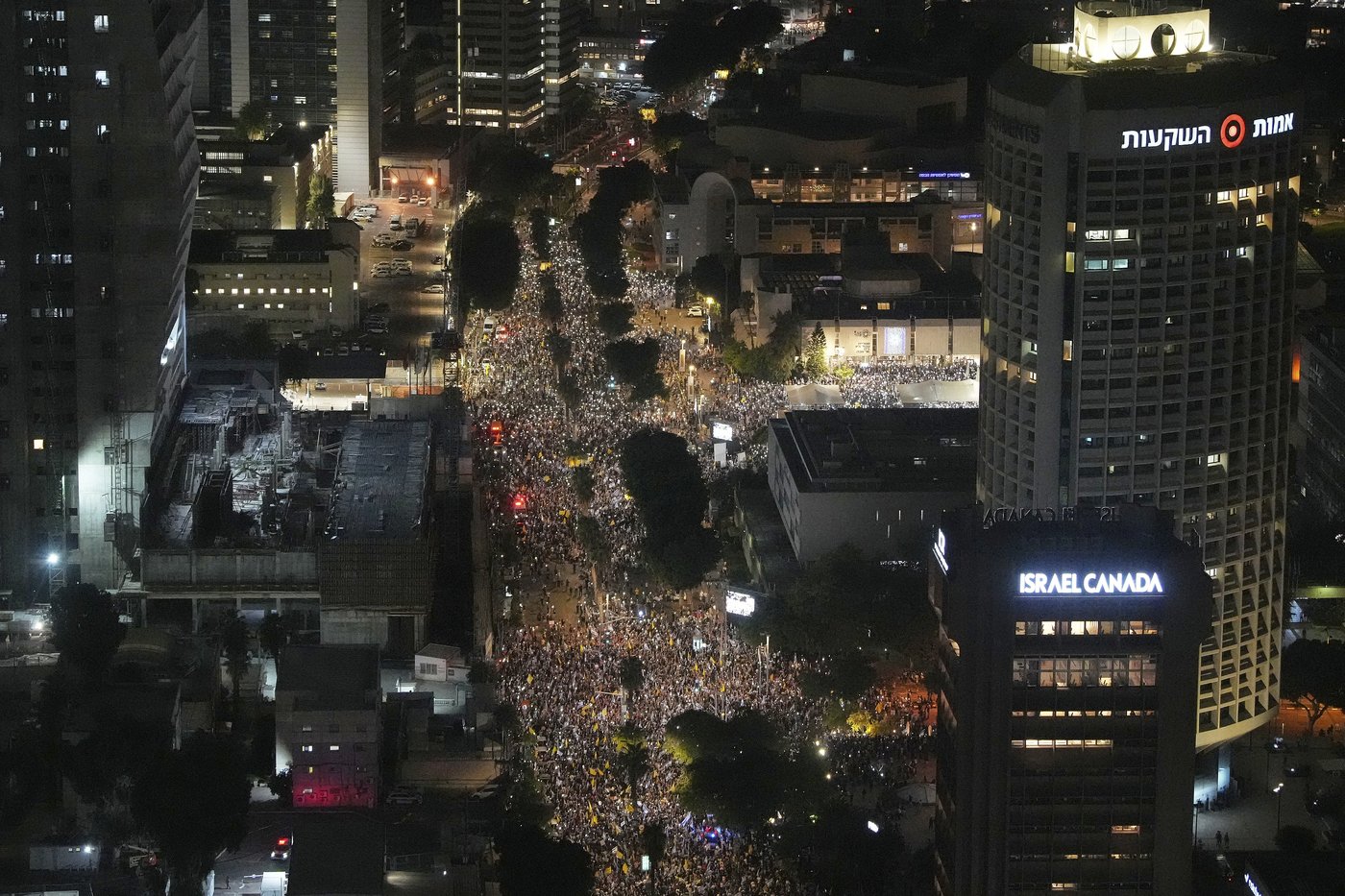
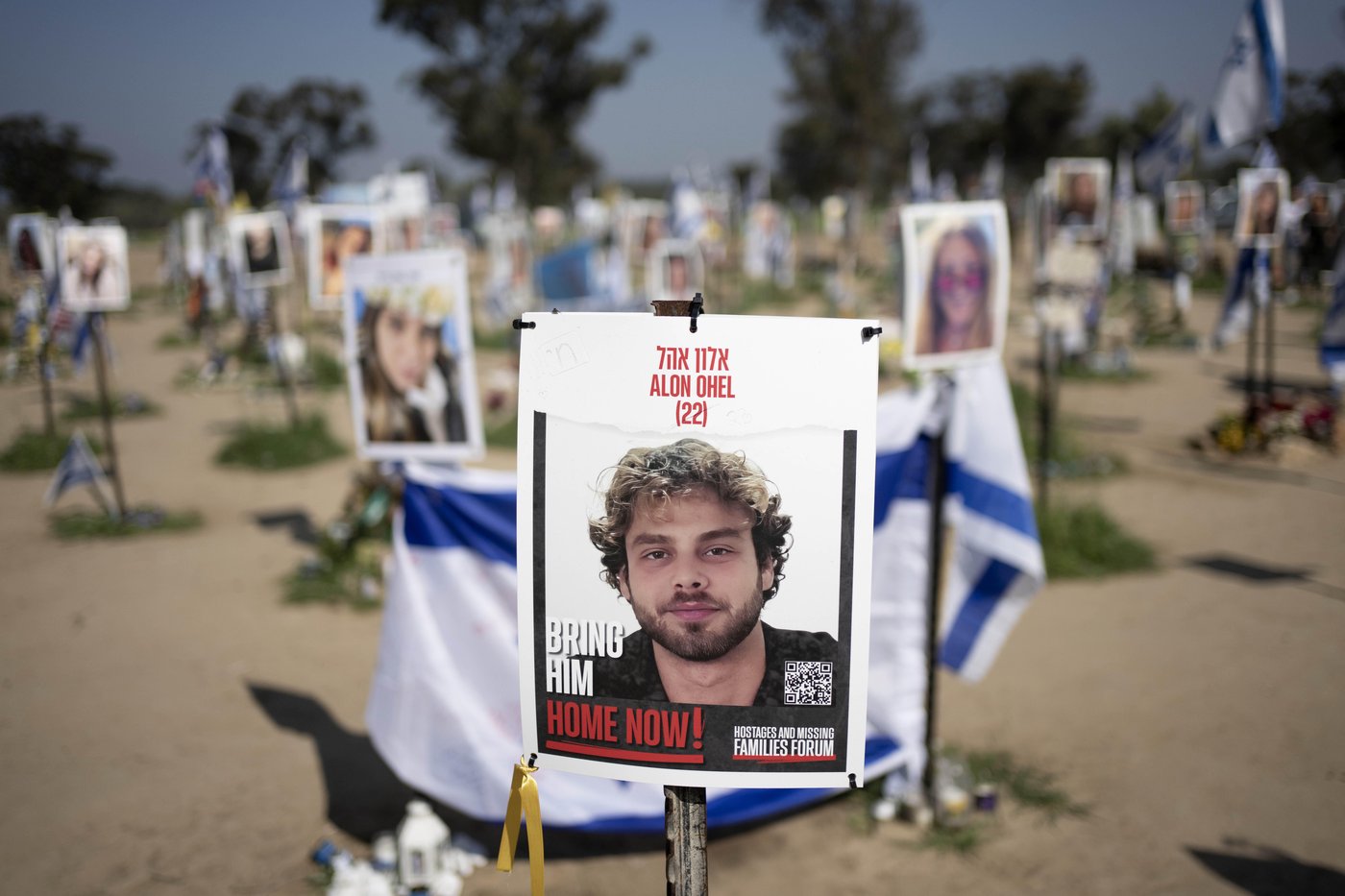
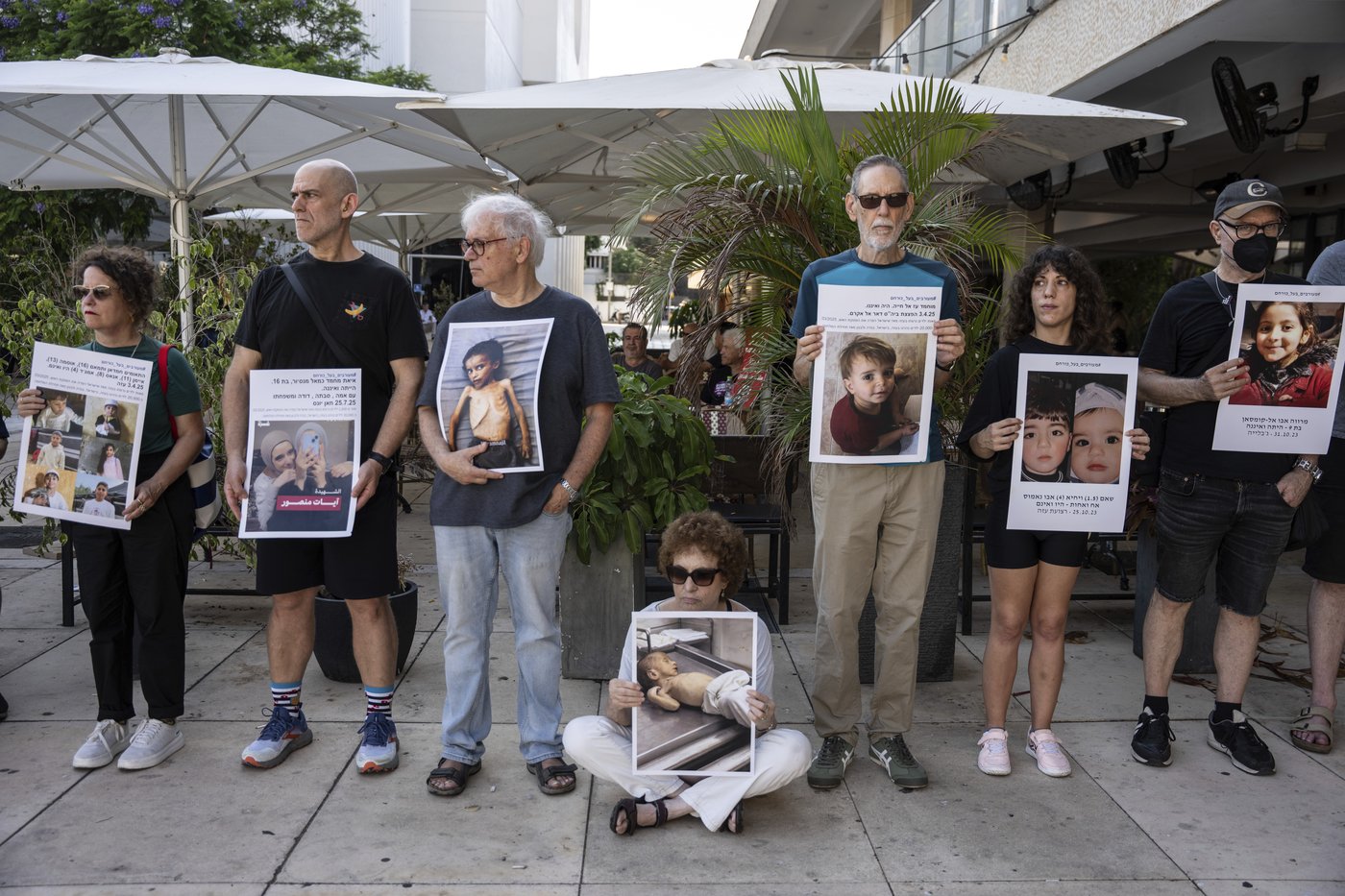
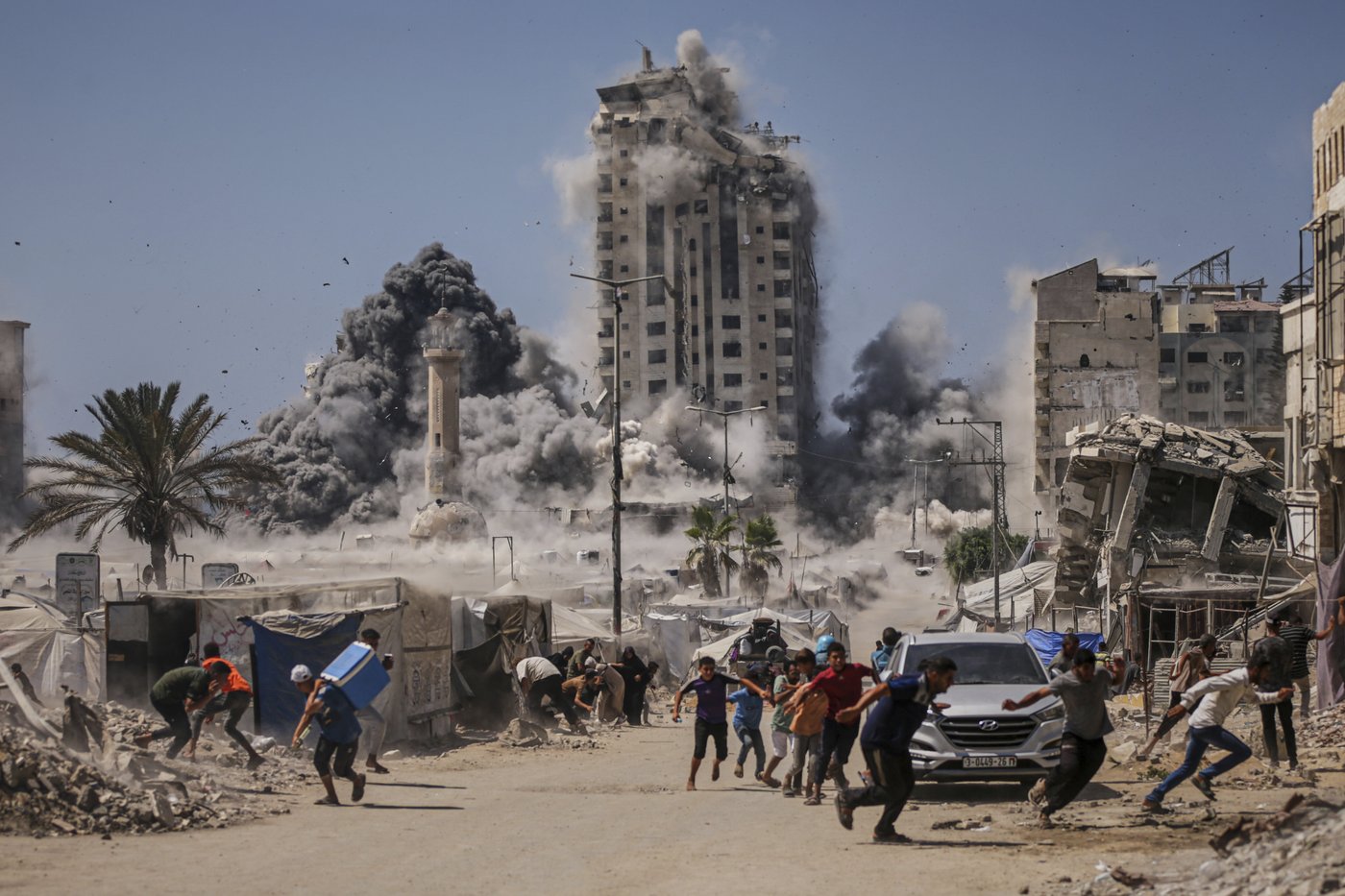
Join the Conversation!
Want to share your thoughts, add context, or connect with others in your community?
You must be logged in to post a comment.













